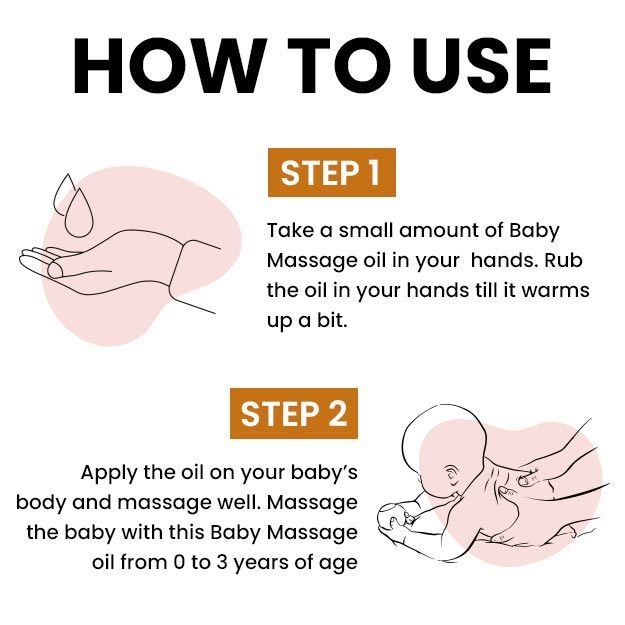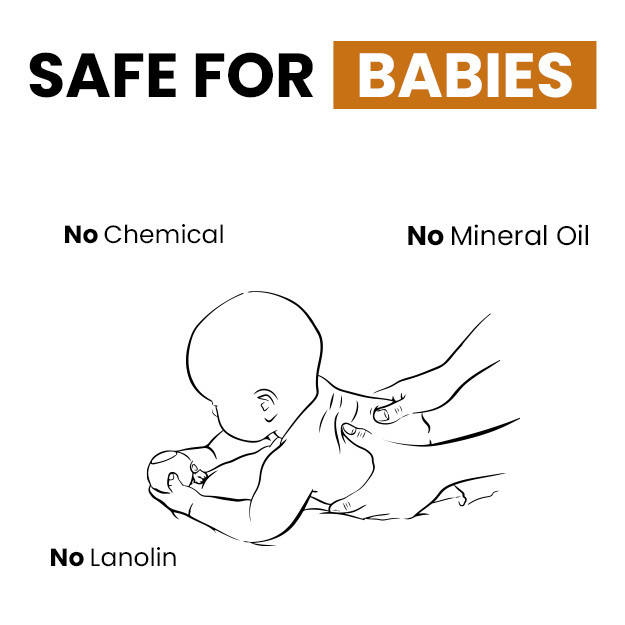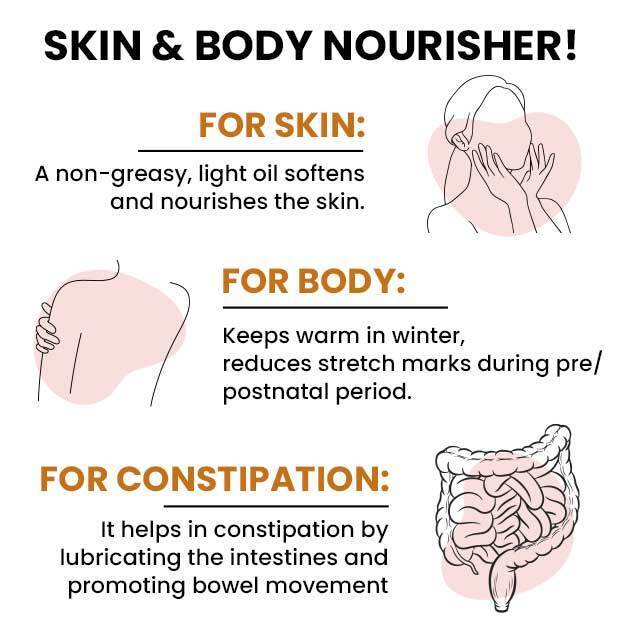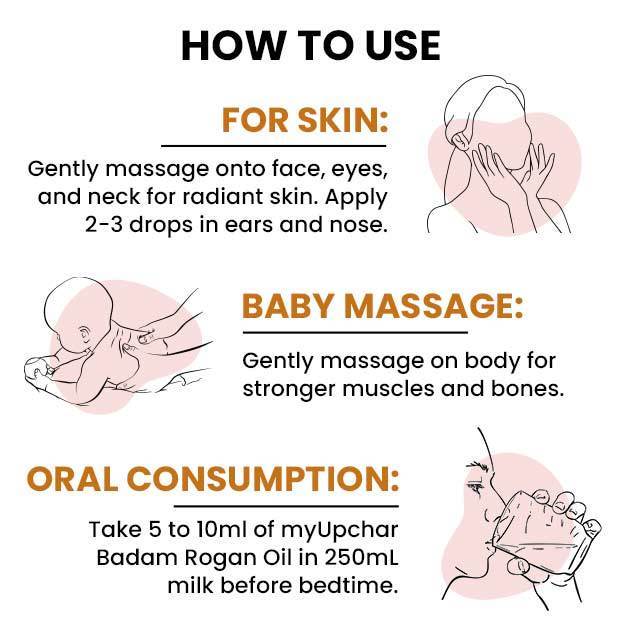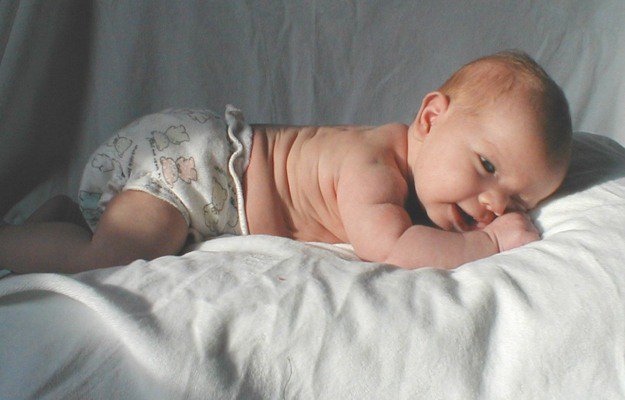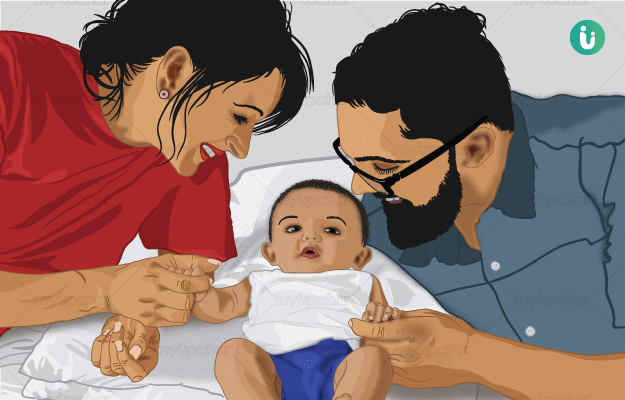He is hungry
Hunger is the most common reason for a baby to cry. Your baby has a tiny stomach that needs to be fed every 2-3 hours. Try to feed your baby every few hours. With time you will learn his cues for feeding. If you're breastfeeding, offer him/her your breast, even if you fed him/her half an hour ago. Your baby will come off your breast when he is content and settled.
If you're formula-feeding, your baby may not need more milk for at least two hours after the last feed. But that differs from baby to baby. Some babies remain calm and content for longer.
If your baby is consistently not finishing his feeds, try giving him less formula milk at frequent intervals.
He is feeling tired
This world is new for your baby and he is still trying to adjust himself to the new environment. Constant attention from doting relatives can alarm the newborn and make it hard for him to sleep. As a result, your baby will feel overtired and cry. Try taking your newborn to a quiet room after a feed and before bed to help him calm down and switch off. Fussing and crying at the slightest thing, staring blankly into space, and being quiet and still are just some of the sleep cues through which your baby tells you that he needs some shut-eye.
He wants you to hold him
Babies always want to be close to their mothers. They spend nine months in the womb listening to their voice and heartbeat. After birth, your baby begins to recognise you through smell and touch. He constantly needs lots of cuddling, physical contact and reassurance to feel secure. So his crying may mean that he just wants to be held. Sway him and sing to him while you hold him close. This will help to distract and comfort your baby.
He is too cold or too hot
Till nine months, the amniotic fluid in your womb kept the baby warm. Though, after birth, it’ll take him some time to learn to adjust to the outside temperature. With time his skin will get used to the environment. Till then, dress your baby according to the weather. He will usually need to wear just one layer more than you do. A soft blanket or newborn sleeping sack may help to keep him warm.
However, don’t go overboard with clothes. A baby’s hands and feet will feel a little cool to the touch. They may even look a little blue, particularly in the first 24 hours. Check your baby’s temperature by feeling the upper part of his chest and layer his clothes accordingly.
He needs a nappy change
After hunger, this is probably the most common reason that your baby is crying. Though some babies don’t enjoy nappy change and tend to fuss when you try to. This is usually because of the cold air. Distract your baby with a toy, a song or by talking to him while you change his nappy or diaper.
After a week or so, you'll become a pro at changing nappies quickly.








